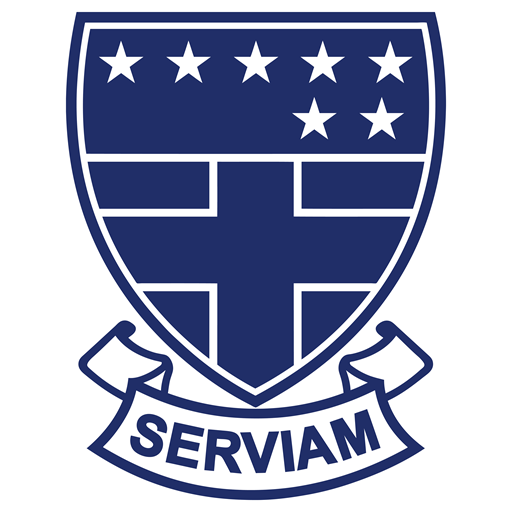Maths

St Ursula’s School

Mathematics Curriculum Intent
Mathematics is a creative and highly interconnected discipline that has been developed over centuries, providing the solution to some of history’s most intriguing problems. It is essential to everyday life, critical to science, technology and engineering and necessary for financial literacy and most forms of employment. A high-quality mathematics education therefore provides a foundation for understanding the world, as well as the ability to reason mathematically, appreciate the beauty and power of mathematics, and engage in a sense of enjoyment and curiosity about the subject. Our students will be able to transfer their mathematical skills to help them make connections with other subjects including Science, Design Technology and Geography.
In line with other subjects, the Mathematics curriculum is designed to provide mastery of the substantive and disciplinary knowledge which is necessary to equip students to take an active part in their world, understanding and solving global issues. Mathematics knowledge enables all our students to bring about positive change and engage with challenging debates.
The Maths curriculum at St Ursula’s is collaboratively designed and planned by subject experts to provide a comprehensive and rigorous intellectual journey. It is designed to be appropriately ambitious for all our students, from the highest attaining to those who require special consideration, whether that be SEND or a disadvantaged context. We have recently developed lessons at KS3 in how Mathematics is taught in different cultures such as the methods used for multiplication in Japan, Russia and in Ethiopia. We have also started decolonising the curriculum where we have explored the history of Pythagoras’ Theorem and the origins of algebra.
The substantive knowledge covered in the curriculum includes number, algebra, geometry, data handling and ratio & proportion. Our Maths curriculum is knowledge-based and the content of each year provides a spiral of knowledge and skills so that topics taught in a previous year can be explored in greater depth in the following year to increase students’ understanding of a topic.
As subject experts we recognise the contribution that Mathematics makes to developing students’ literacy. We promote disciplinary literacy so that students can read and speak as a Mathematician would. Schemes of learning set out tier 3 subject vocabulary which is developed through students’ reading of academic text.
Key Stage 3
The KS3 curriculum covers the knowledge and skills outlined in the National Curriculum and our students learn to become fluent in the fundamentals of mathematics. They learn to reason mathematically by following a line of enquiry, conjecturing relationships and generalisations, and developing an argument, justification or proof using mathematical language. The KS3 curriculum also develops students ability to solve problems by applying their mathematics to a variety of routine and non-routine problems.
The KS3 curriculum has been sequenced to make connections between related topics easier to follow. In Year 7, the students’ mathematics learning is built on the foundations established in KS2. It enables students to comprehend, process and interpret problems of increasing difficulty. Teachers reaffirm these connections between related topics to help students understand the relationship between topics which then improves their problem-solving skills. For example, students learn in KS3 how to factorise quadratics, then at KS4 they use these skills to help sketch quadratic graphs by solving quadratic equations. Topics are interleaved within the academic year as well as between years so that pupils revisit topics regularly and develop their ability to recall and apply knowledge rapidly and accurately.
Links to curriculum maps:
Links to useful sites for KS3 students, parents and members of the public
- Maths Watch – https://vle.mathswatch.co.uk/
- Maths Genie – https://www.mathsgenie.co.uk/

